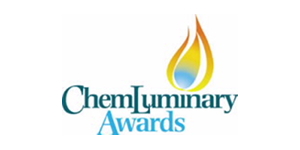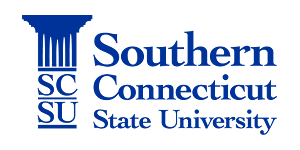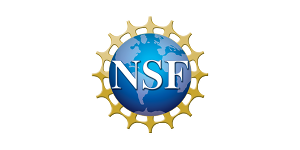Why Science® was started by Dr. Yvonne Kielhorn as a result of her National Science Foundation (NSF) research project on how to increase student performance in science and technology subjects in the United States. She found that over 60 % of students in college STEM (Science, Technology, Engineering, and Mathematics) courses would drop out of these courses after the first or second year because they did not feel they had a sufficient understanding of the basics of these subjects prior to entering college. In response, Dr. Kielhorn created an Inquiry Based curriculum (Why Plastics?) to teach elementary and middle school students the fundamentals of Science and how Science impacts daily life.
Dr. Kielhorn’s curricula increased scores and performance analytics for her college student teachers and precollege students participants so much that earned awards for its innovative approach by, among others, Eastern New York Chapter of the American Chemical Society, American Chemical Society National Chemistry Week, American Chemical Society Chemluminary Award, and Rensselaer Polytechnic Institute Martin Luther King Faculty Staff Award. The National Science Foundation awarded Dr. Kielhorn a grant to produce a documentary to share the success she had with Why Plastics? with the general public. Using this NSF grant, Dr. Kielhorn directed, wrote and co-produced Ease The Quiet Storm, a 40 minute documentary exploring solutions to America’s growing education problem and how this problem impacts global competitiveness.
In 2009, motivated by her success, Dr. Kielhorn founded Why Science to provide technology-based solutions that would allow any educator to replicate her success. Dr. Kielhorn started this quest by partnering with institutions of higher education (Yale, University of Connecticut, Southern Connecticut State University), professional groups (Connecticut Science Teachers Association, Society of Plastic Engineers), and regional education services centers (Education Connection, CT) to offer a series of workshops to train educators to implement the Inquiry Based Method of learning. These workshops provided the insight for creating the Why Science® Platform. With the help of a few educators and artists, Dr. Kielhorn created a prototype of the Why Science® Platform. The Platform allows educators to implement the Inquiry Learning process in both small and large classrooms, from 1 to 10,000+ students.
In early 2013, a pilot program was started at James Hillhouse High School in New Haven, CT, which was ranked 182 out of 192 in the state in academic achievement. A local science teacher worked together with Dr. Kielhorn, to develop Learning Modules using the system’s new innovative Module Design interface. The goals of the pilot were to enter students from James Hillhouse High School as participants in the annual New Haven science fair and to increase student performance on the 2013 Connecticut Academic Performance Test (CAPT).
Of the fifty students who participated in the pilot program utilizing the Why Science® Platform, six were selected for the available science fair slots, the limit for all high schools in the New Haven Public School district. Of the six James Hillhouse High School students, one won FIRST PRIZE, another won THIRD PRIZE, and all got notable awards. Also, only 20% of Grade 10 students at James Hillhouse High School who took the 2013 CAPT participated in the pilot. The average score on the CAPT of the students who used the Why Science Learning Modules was 253 (Proficient) while that for students who did not use the modules was 208 (Basic). This 45 point (22%) difference in CAPT scores is significant and demonstrated the effectiveness of the Why Science Learning Modules in improving student performance.





